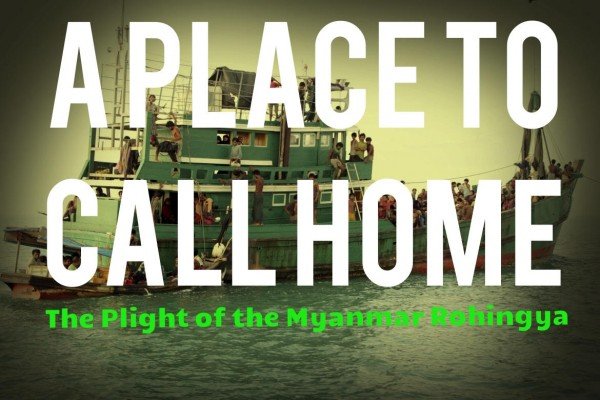
When I look at the current plight of the Myanmar’s Rohingya people, I think of the name given to them by news outlets worldwide- the world’s most persecuted people. However, this name has become more appropriate than ever before over the last year:
Ever since a small group of insurgents launched an attack on Myanmar’s border policemen in the Rakhine state last October, security forces have committed countless mass atrocities against the entire Rohingya people as a form of collective punishment for the actions of a few people.
The stories of violence against the Rohingya people are horrifying. For example, when Arif and Suleman were 8 and 12 years old respectively, they were playing in their back yard when they heard gunshots coming from their house.
Knowing that their house had been raided by the police, the Rohingya boys ran as far as they could to avoid being killed. Unfortunately, the rest of the family was not so lucky- their parents had been inside at the time of the raid, and their little brother had been playing in front of the house.
Now orphaned, the brothers were forced to travel and join 276,000 other Rohingya who are currently living in refugee camps along Myanmar’s border with Bangladesh.
Unfortunately, the Rohingya who managed to escape to these camps have to live in poor conditions, as only 12% of the refugees there are registered. This means that the rest of the refugees there are forced to go without education, healthcare or work.
Children there are being denied their futures and have no choice but to act as physical labour to help build the camps, while the adults without the registration have no way to support their families. Without any form of support, the refugees are being left with an increasingly small amount of food, water and sanitation.
These people are left with nowhere to go. If they return to their homes in Myanmar, they know that they will have to risk violence at the hands of their own state, which refuses to accept them.
Worse yet, neighboring countries are also refusing to take them in.Their chances of being recognized as refugees in Bangladesh are slim- the country has not accepted any new refugees since 1992, and it is very unlikely that they will accept any new arrivals now.
Further, fleeing through the Andaman Sea to Malasyia or to Thailand is not an option, as countless Rohingya have been arrested for taking those routes, and have been sent back to Myanmar to face further violence. They are left without any options at all.
Without a place to call home, the name of “the most persecuted people” is increasingly appropriate. However, they must never be forgotten.
Every Thursday, I will be providing links to important stories regarding the plight of the Rohingya people. I will also be writing a blog on the first Thursday of every month to share stories of Rohingyas like Arif and Sulaman and to talk about important issues affecting the Rohingya people.